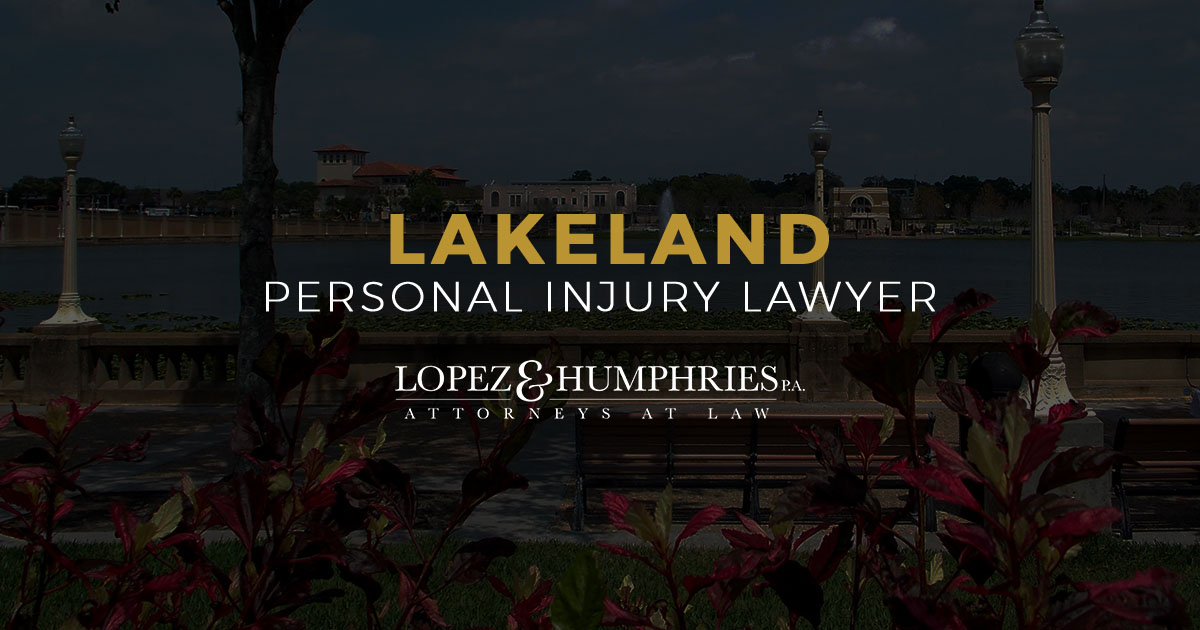What Does Proceeding Mean in the Legal Space?
In the legal world, the term proceeding carries significant weight, encompassing any formal legal action taken by a party within the framework of a court case. Whether civil, criminal, or administrative, proceedings serve as the structured steps that move a case from initiation to resolution. As defined by the Munley Law Glossary, a proceeding refers to any action, hearing, or trial conducted under the supervision of a judicial authority, with the aim of resolving disputes or enforcing rights. Understanding this concept is essential for anyone involved in or affected by legal processes.
Defining Legal Proceeding
A legal proceeding is essentially any action taken to enforce a legal right or address a legal dispute through the courts. This includes a wide range of activities, from filing a lawsuit to attending hearings, depositions, trials, and even settlement negotiations. Proceedings may occur in both civil and criminal courts, as well as in administrative settings, where government bodies oversee specific legal matters.
The term is broad, covering every formal action taken within a legal case. For instance, pre-trial motions, discovery, hearings, and appeals all constitute legal proceedings. Each step in the process is essential to the development of the case, contributing to either its resolution or its advancement to the next stage.
Types of Legal Proceedings
Proceedings come in different forms, depending on the nature of the legal issue at hand:
Civil Proceedings
Civil proceedings involve disputes between individuals, businesses, or other entities over legal rights and obligations. These can include cases such as personal injury claims, contract disputes, property disagreements, and family law matters like divorce or child custody. In civil proceedings, one party (the plaintiff) sues another (the defendant) to enforce or protect a right, seek compensation, or prevent harm.
Criminal Proceedings
Criminal proceedings occur when the state or federal government prosecutes an individual or entity for violating criminal laws. These proceedings involve actions such as arraignments, trials, sentencing, and appeals. In criminal proceedings, the goal is to determine guilt or innocence and, if guilty, to impose a penalty, such as imprisonment or fines.
Administrative Proceedings
Administrative proceedings are handled by government agencies, not courts, and often focus on regulatory matters. For instance, a proceeding before the Social Security Administration to determine eligibility for benefits or a hearing before a zoning board would fall into this category. While less formal than court trials, these proceedings are still crucial in determining legal rights and obligations.
The Importance of Legal Proceedings
Proceedings are the structured framework through which the legal system ensures fairness, justice, and the rule of law. They serve several essential purposes:
Enforcing Legal Rights
Legal proceedings provide individuals and entities with the opportunity to assert and defend their legal rights. Whether it’s seeking damages for a breach of contract or defending against criminal charges, proceedings ensure that all parties have a chance to present their case and have their issues heard by an impartial judge or jury.
Resolving Disputes
One of the primary functions of proceedings is to resolve disputes between parties. By following a series of procedural steps—filing motions, presenting evidence, and attending hearings—the parties can resolve their conflicts in a structured, legal environment. If they cannot reach a resolution themselves, the court will decide the matter through a final judgment.
Ensuring Due Process
Proceedings play a critical role in upholding due process, which is the legal principle that ensures fairness in legal matters. Both parties in a dispute must have a fair opportunity to present their case, challenge evidence, and make legal arguments. By adhering to strict procedural rules, courts ensure that all participants are treated equally under the law.
Public Accountability
Many legal proceedings are open to the public, promoting transparency and accountability in the judicial system. This openness ensures that legal decisions are made fairly and that judicial officers are held accountable for their rulings. Public proceedings help maintain trust in the legal system and provide a check against potential abuses of power.
Common Stages of Legal Proceedings
Though every case is unique, most proceedings follow a common structure:
- Filing of Complaint or Charges: The process begins when one party files a complaint in a civil case or when criminal charges are brought by a government prosecutor. This officially initiates the proceeding.
- Pre-Trial Motions and Discovery: Before the trial, both parties gather evidence and may file motions to resolve specific legal issues or narrow the scope of the trial.
- Hearings and Trial: During hearings or trials, both sides present their arguments, witnesses, and evidence. The judge or jury will then make a ruling based on the presented information.
- Appeal: If either party is dissatisfied with the outcome, they may appeal the decision to a higher court, initiating a new proceeding to review the lower court’s ruling.
In the legal space, a proceeding is the formal path through which disputes are resolved and legal rights are enforced. Defined by the Munley Law Glossary as any formal action or process taken within a court or other judicial body, proceedings are the essential framework that guides cases from initiation to resolution. By following established steps—whether in civil, criminal, or administrative contexts—proceedings ensure that justice is served, disputes are resolved, and legal rights are protected. Understanding this process is key for anyone navigating the complexities of the legal system.


